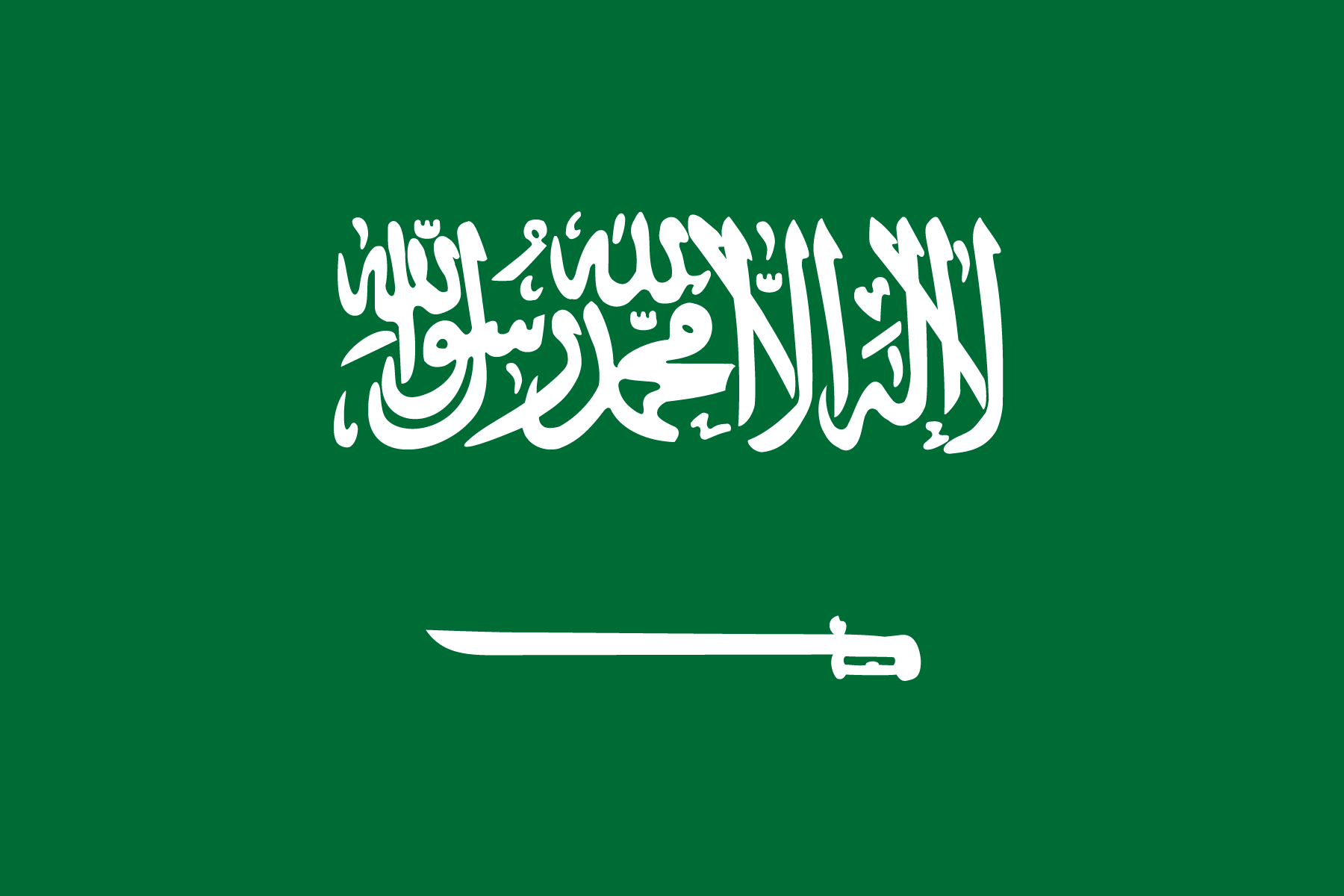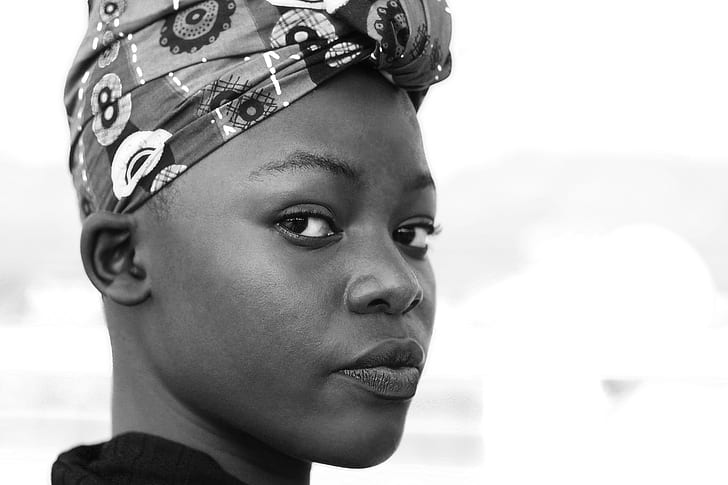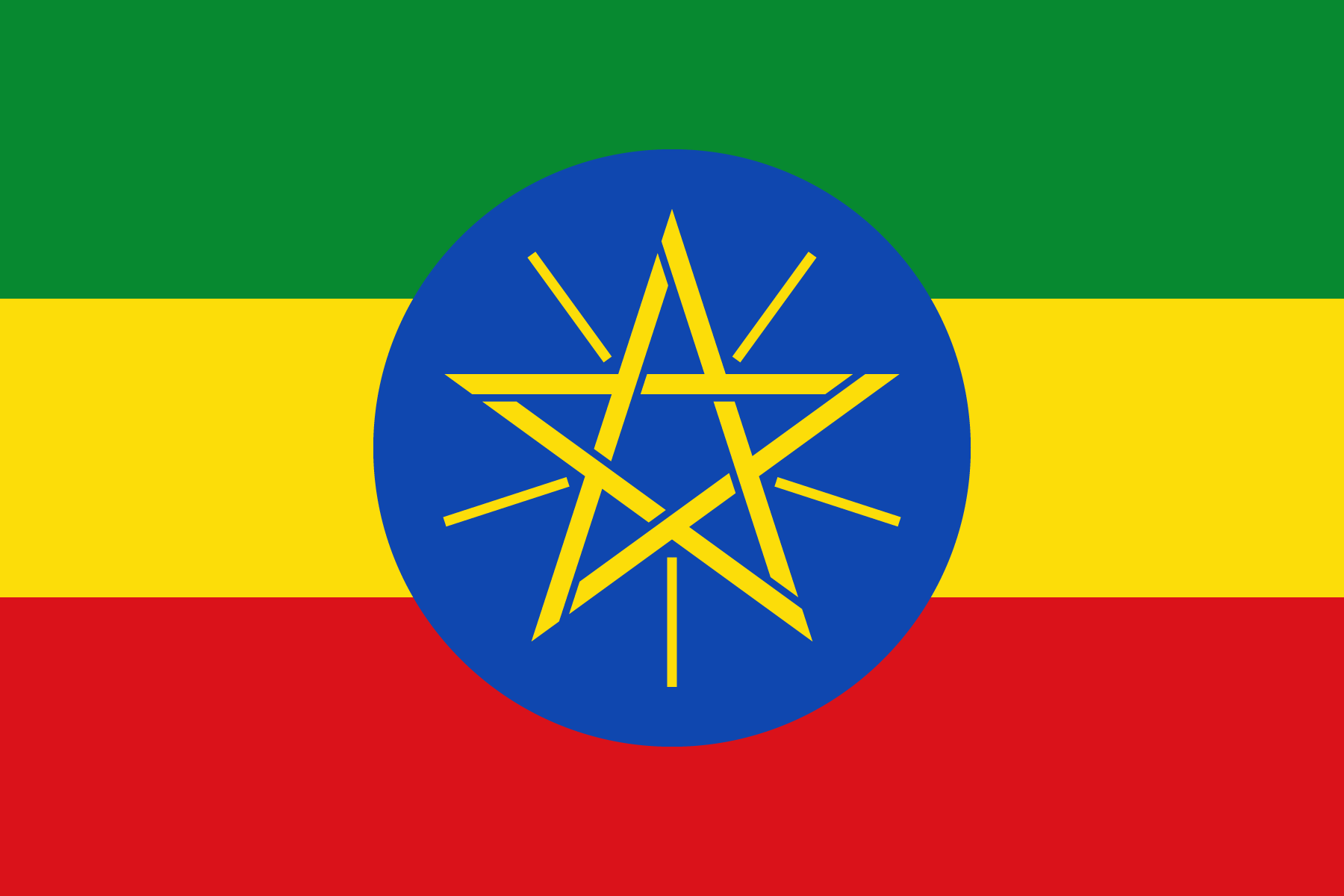On Saturday 14 November 2020, during the 67th ordinary session of the African Commission on Human and Peoples’ Rights (ACHPR), key human rights experts, Commissioners and civil society organisations took part to a Panel discussion moderated by the Chair of the Commission, Commissioner Solomon Ayele Dersso, on the General Comment No.6 of the Article 7 (d) of the Maputo Protocol with a view to provide their insights on the drafting process, before launching the General Comment.
The development of this General Comment has been decided through a resolution adopted during the 24th Extraordinary Session held in Banjul in 2018, which mandated the Special Rapporteur on the rights of women to its elaboration with the collaboration of relevant stakeholders working on issues of land and property rights.
Article 7 (d) of the Protocol states that in case of separation, divorce or annulment of marriage, women and men shall have the right to an equitable sharing of the joint property deriving from the marriage. The General Comment provides the interpretation of the notion of equitable sharing as a substantive equality, which requires States to recognise and ensure a protection on an equal basis.
Since the Maputo protocol does not clearly define equitable sharing of joint property, this General Comment has been developed as a useful soft law instrument, clarifying the content of women’s rights to property across Africa and providing orientation for practical implementation.
‘There are existing inequalities both in law and practice, especially on issues affecting the distribution of property rights, and this is why for which the Article 7 (d) was developed, as a result of inequalities that still prevail and discriminatory laws and practices on property rights’, said Sylvia Noagbesenu, Executive Director of the Initiative for Gender Equality and Development in Africa.
Panellists also highlighted the lack of protection for women in case of divorce or separation, including in customer and Islamic marriages, hence the need to recognise women’s efforts, especially those of contributing to the household, even if it is not necessarily through monetary contributions.
They encouraged States and civil society to make effective use of General Comment No. 6 in advocating for the promotion and protection of the Rights of Women in Africa. They also reminded the legal obligation of States under the Protocol, as well as the collective responsibility to establish a continent-wide standard based on human rights principles.
‘As civil society, we must complement the efforts of the African Commission to raise awareness of all stakeholders on the content of the General Comment and adapt it in various formats and languages to ensure that it is accessible to everyone. Without the widespread knowledge, we run the risk of life going on as usual with women continuing to suffer violation of their rights to matrimonial property, due to the ignorance of their rights’, said Patience Mungwari Mpani, representative of the Centre for Human Rights of the University of Pretoria.
Although panellists expressed the honour of participating and seeing this process coming to fruition, few of them reminded that some of the States that have ratified the Maputo Protocol are not complying with their obligations.
‘We must call on States to ratify the Maputo Protocol and adopt relevant laws for its effective implementation for a positive impact on women on the continent’, said Commissioner Zainabo Sylvie Kayitesi, Special Rapporteur on the Rights of Women in Africa.
Contacts: Adélaïde Etong Kame, Africa Programme Manager, [email protected]
Photo: Pickpik




